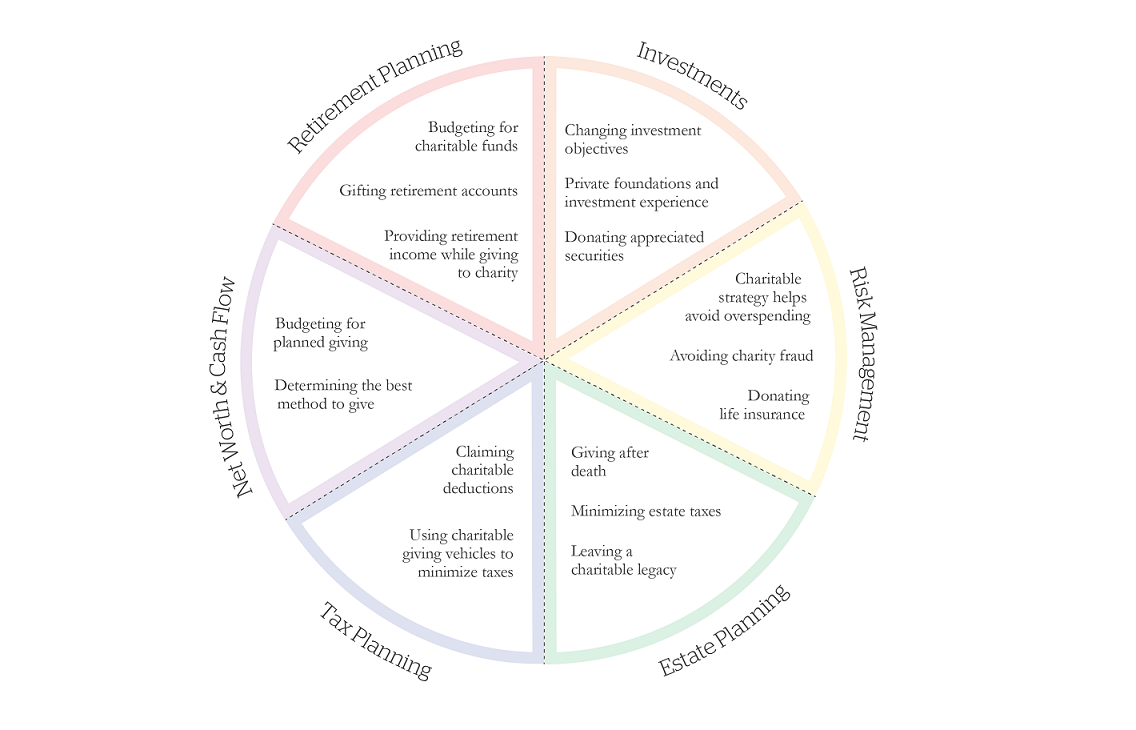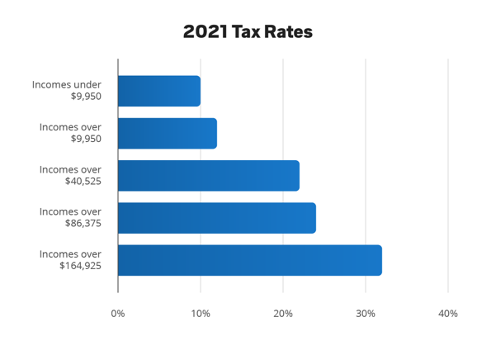Understanding the Tax Implications for Freelancers
In the modern world, freelancing has become a popular way for individuals to earn a living. With the flexibility and freedom it offers, many people are attracted to this type of work. However, freelancers often face unique challenges when it comes to taxes.
1. Self-Employment Taxes
One important aspect that freelancers need to understand is self-employment taxes. Unlike traditional employees, freelancers are responsible for paying both the employer and employee portions of Social Security and Medicare taxes. This means that freelancers need to set aside a portion of their income to cover these taxes.
2. Estimated Quarterly Payments
Another key consideration for freelancers is the requirement to make estimated quarterly tax payments. Since freelancers do not have taxes withheld from their income throughout the year, they need to calculate and pay these taxes on a quarterly basis to avoid penalties and interest.
3. Deductible Business Expenses
Freelancers also have the advantage of being able to deduct certain business expenses. This includes expenses such as home office costs, office supplies, professional development courses, and even a portion of their rent or mortgage if they use their home as their primary workspace.
4. Keeping Accurate Records
To ensure accurate tax reporting, it is crucial for freelancers to keep detailed records of their income and expenses. This includes invoices, receipts, and any relevant financial documents. Maintaining organized records will make tax preparation much easier and can help minimize any potential audit risks.
Conclusion
Freelancing offers numerous benefits, but it also comes with unique tax obligations. Understanding self-employment taxes, making estimated quarterly payments, taking advantage of deductible expenses, and keeping accurate records are all important aspects for freelancers to consider. By staying informed and proactive, freelancers can navigate the tax landscape with confidence and ensure compliance with the law.





